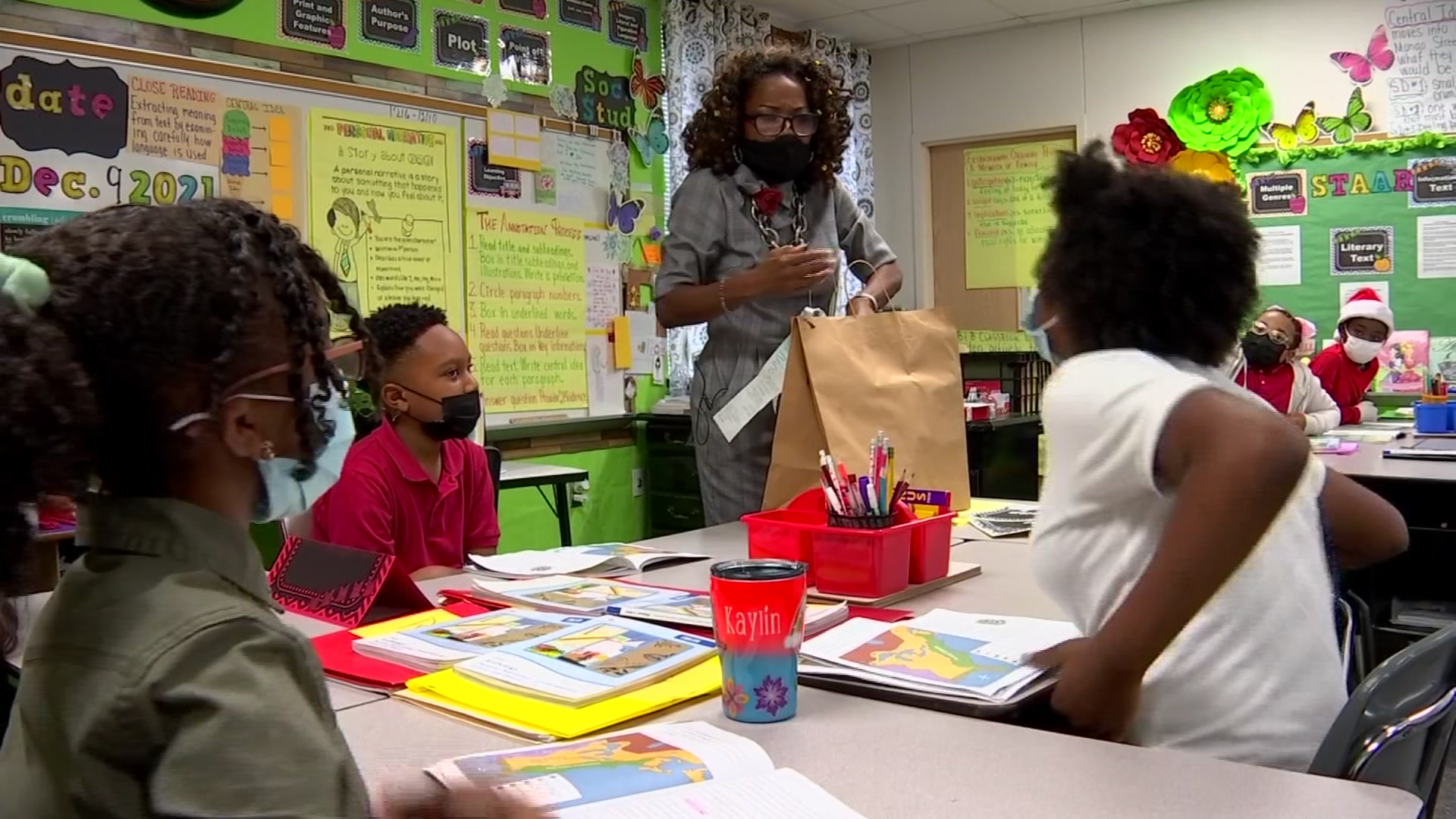The United States Court of Appeals for the Fifth Circuit says Texas can’t force publishers and booksellers to rate their books based on sexual content.
Texas lawmakers passed a law requiring publishers to do that saying there was too much explicit material on school library shelves.
Today for the second time a judge says the law shouldn't go forward.
A few years ago sexually explicit images began being shared on social media, with parents saying they found them inside books in school libraries, and demanding they come off the shelf, Texas lawmakers, even the Governor demanded more oversight.
Get DFW local news, weather forecasts and entertainment stories to your inbox. Sign up for NBC DFW newsletters.
"We went to war, to try to get these books removed, any of them removed, that are obscene in nature, and in content, you know, it's not about the characters or the stories or the storylines, but about the content that is just radically vulgar and obscene," said Jared Patterson, Texas state representative from Frisco
Patterson wrote House Bill 900, requiring publishers to rank and rate books for sexual material and imposing consequences if they’re not done properly.
Carter In The Classroom
Focusing on unique things school districts are doing to help children succeed.
Critics say lawmakers used concerns over one or two books to launch an assault on all books containing any information on the LGBTQ community.
"You absolutely should be able to look at what your children are reading and evaluate whether or not you think that that is appropriate for them, but you don't get to make decisions for other people's children," said Emily Witt, of the Texas Freedom Network, a civil liberties organization.
Laura Prather is the attorney representing booksellers who sued the state. She says both judges who reviewed the law took issue with the constitutionality of HB900. Prather says regulating books in schools is a school issue, not the job of those who sell them.
"Those collection standards, which TEA and others have come together to publish and implement, that is the way to address this problem, not trying to get the middleman, who is a vendor of books," said said.
One of the judges also questioned how publishers could make decisions about what’s acceptable in one community to the next.
Patterson insists this fight won’t stop.
"That's why you have an appeals process in the legal system because they don't always get it right. And, you know, we had a number of attorneys review this material, review the bill, work with us on crafting this legislation. We use multiple Supreme Court cases in the crafting of this bill."



